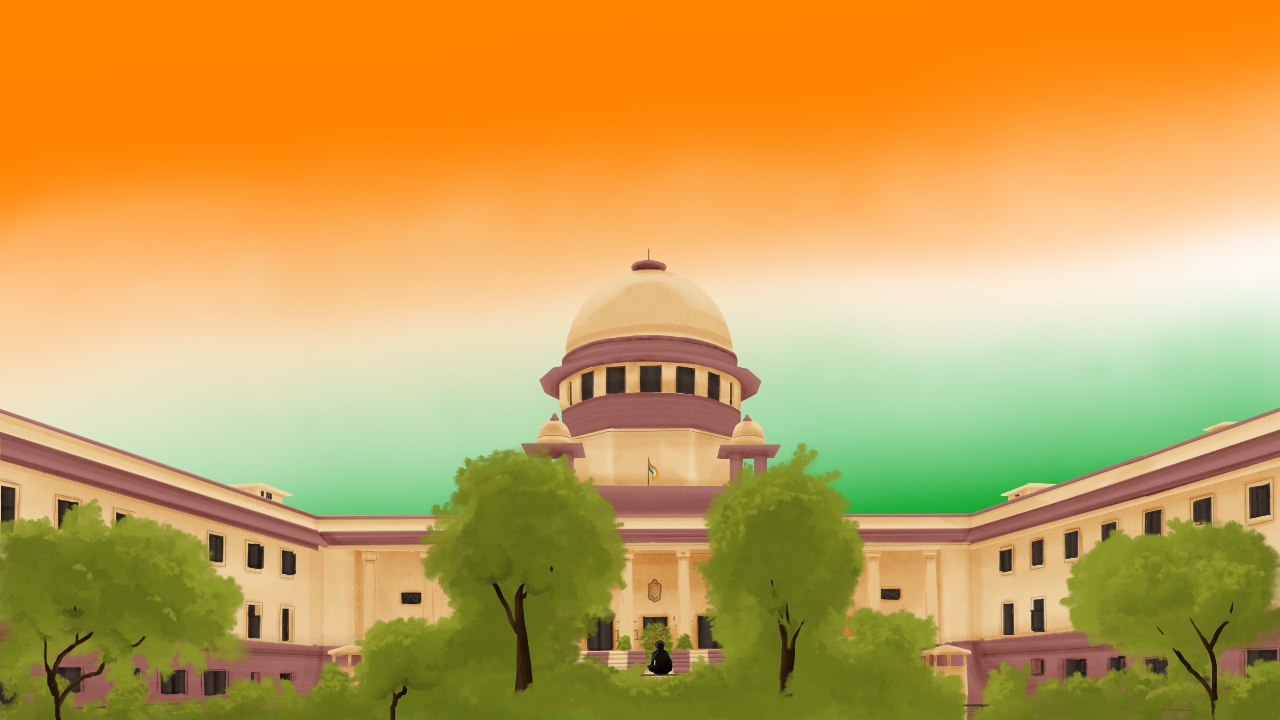Scope Of Sec 7 IBC Cannot Be Diluted; CIRP Can Be Initiated Against Corporate Debtor In Event Of Default By Principal Borrower: Supreme Court

The Supreme Court Bench comprising Justice A.M Khanwilkar, Justice B.R Gavai and Justice Krishna Murari, ruled that an action u/s 7 of the Insolvency and Bankruptcy Code, 2016 (IBC) can be initiated by the financial creditor (Bank) against a corporate person (being a corporate debtor) concerning guarantee offered by it in respect of a loan account of the principal borrower, who had committed default and is not a “corporate person” within the meaning of the Code.
The Bench also ruled that an application u/s 7 of the IBC filed even after three years from the date of declaration of the loan account as Non Performing Asset, being the date of default, is not barred by limitation.
The Court negative the contention of Petitioner regarding non-applicability of provisions of IBC and said that a right or cause of action would ensure to the lender (financial creditor) to proceed against the principal borrower, as well as the guarantor in equal measure in case they commit default in repayment of the amount of debt acting jointly and severally.
It would still be a case of default committed by the guarantor itself, if and when the principal borrower fails to discharge his obligation in respect of the amount of debt. For, the obligation of the guarantor is coextensive and coterminous with that of the principal borrower to defray the debt, as predicated in Section 128 of the Contract Act.
As a consequence of such default, the status of the guarantor metamorphoses into a debtor or a corporate debtor if it happens to be a corporate person, within the meaning of Section 3(8) of the Code. As the expression “default” has also been defined in Section 3(12) of IBC to mean nonpayment of debt when whole or any part or installment of the amount of debt has become due or payable and is not paid by the debtor or the corporate debtor, as the case may be.
Moreover, the Court also clarified that if the guarantor is a corporate person as defined u/s 3(7) of IBC, it would come within the purview of expression “corporate debtor”, within the meaning of Section 3(8) of the IBC.
The Apex Court thus uphold the findings of NCLT and affirmed by NCLAT that the status of the guarantor, who is a corporate person, metamorphoses into corporate debtor, the moment principal borrower (regardless of not being a corporate person) commits default in payment of debt which had become due and payable.
Correspondingly, right to initiate action within three years from such acknowledgment of debt accrues to the financial creditor. That however, needs to be exercised within three years when the right to sue/apply accrues, as per Article 137 of the Limitation Act.
Observing the effect of Section 18 of the Limitation Act, the Court said that a fresh period of limitation is required to be computed from the time when the acknowledgment was so signed by the principal borrower or the corporate guarantor (corporate debtor), as the case may be, provided the acknowledgment is before expiration of the prescribed period of limitation.
Thus, the conclusion reached by the NCLT and affirmed by the NCLAT on the basis of the assertion in the application u/s 7 of IBC, read with the relevant undisputed correspondence, is a possible view, said the Apex Court while disposing of the petitions.
Case Title: Laxmi Pat Surana v. Union Bank of India & Ors |Civil Appeal NO. 2734 OF 2020
